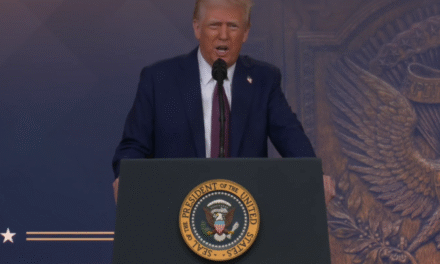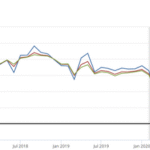Imagine opening your iPhone to download a new app, only to wonder if your personal data—your payment details, your location, your app habits—is safe. That’s the fear driving Apple’s latest battle with the European Union. The tech giant is pushing back against new EU rules, known as the Digital Markets Act (DMA), which force Apple to let other companies run their own app stores and payment systems on iPhones. Apple says these rules, meant to make tech fairer, could put your privacy at risk and make your phone less reliable. For millions of Europeans, from Paris to Prague, this fight could change how their devices work and feel.
The EU’s rules, rolled out earlier this year, are all about giving you more choices. They want Apple to stop being the only gatekeeper of the App Store, letting competitors like music or gaming apps set up their own stores or payment options on your iPhone. The idea is to break Apple’s tight grip, so you might pay less for apps or subscriptions, and smaller companies get a fair shot. The rules also push Apple to share more data with developers and be clearer about how the App Store works. But Apple’s not on board. They filed a legal challenge in Luxembourg’s EU General Court on May 30, calling the rules “deeply flawed” and a threat to the trust you place in your iPhone.
“We build our products to keep your information safe and your experience smooth,” an Apple spokesperson said. “These rules make us share your data with competitors who might not care as much about privacy. That’s not just bad for you—it could mess up what makes iPhones special.” Apple’s worried that opening up iOS could let less secure app stores sneak in, putting your sensitive info at risk. They also say the rules create extra hurdles that could slow down new features, leaving you with a clunkier phone.
This clash is part of a bigger story in Europe, where regulators are cracking down on tech giants to keep markets open. They’ve already made Apple switch to universal charging ports, and now they’re targeting the App Store. But Apple feels singled out, pointing out that other big players with similar control don’t face the same heat. For people like Sofia, a 29-year-old graphic designer in Barcelona, the debate hits home. “I love how my iPhone just works, but I also want more app options without crazy fees,” she said. “I just don’t want to worry about my data being stolen.”
Not everyone’s on Apple’s side. Developers and rival companies are cheering the EU’s rules. “Apple’s been calling the shots for too long,” said a spokesperson for a major music streaming service. “These changes mean we can offer you better deals and more freedom.” But privacy experts are nodding along with Apple. “The EU wants fairness, but opening up the App Store could let shady platforms in,” said a cybersecurity researcher from a top European university. “Your data could end up in the wrong hands.” People across Europe are torn—some want cheaper apps, others worry about losing the security they trust.
This fight matters because it could change your daily life. If the EU wins, you might see new app stores on your iPhone, maybe with lower prices or unique apps. But Apple warns that could mean glitchier apps or even scams creeping in. The App Store brings in billions for Apple, so any changes could hit their wallet and maybe even your phone’s performance. Plus, this battle’s stirring up bigger questions about whether Europe’s rules are about protecting you or boosting local companies.
The legal tug-of-war could last years. If Apple loses, they might face fines up to $40 billion—10% of their yearly revenue. The EU’s standing firm, saying they’re just enforcing fair rules. Meanwhile, Apple’s working on ways to meet the rules without compromising your security, like new tools for developers. For now, Europeans like Sofia are left wondering: will their iPhones stay as safe and slick as ever, or will these changes shake up everything they love about their devices?




















